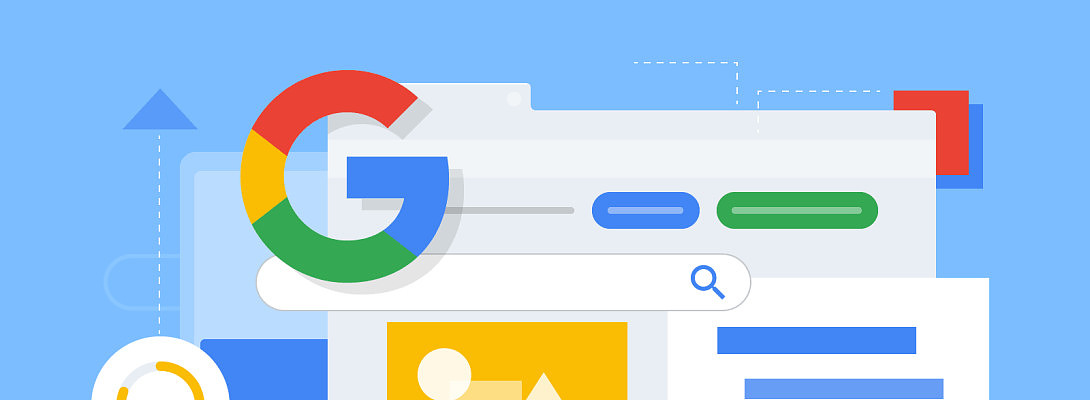Mastering Google Indexing: Navigating and Resolving Common Roadblocks to Improve Your Site Visibilit
Published on May 30, 2023
Published on Wealthy Affiliate — a platform for building real online businesses with modern training and AI.
It is a common challenge for website owners to encounter issues in the realm of search engine optimization (SEO) whereby certain pages on their website may not be properly indexed by Google, the world's largest search engine. This can result in lower visibility and decreased traffic for the affected pages, ultimately hindering the overall success of the website. This can be a frustrating and perplexing problem, as it can hinder the visibility and accessibility of the site to potential visitors and customers. This can be particularly disconcerting when pages that were previously indexed suddenly seem to disappear from Google's radar. Perhaps you are feeling uncertain about the issue at hand. Fortunately, this issue is not uncommon and is often remediable, especially if your site is new. Understanding the underlying reasons can help you rectify this problem, ensuring that your content remains visible and searchable.
It is highly probable that the issue you are experiencing with your website is due to Google not having crawled it yet. This means that the search engine has not yet had the opportunity to analyze and index the content on your site, which could result in a lack of visibility and traffic. To make your website easily discoverable by search engines, it's suggested that you take certain steps like creating a sitemap or submitting your URL for indexing to Google thanks to the inspector inside the Google Console. While Google's web crawlers are highly efficient, they might not instantly index new websites, particularly if they lack significant inbound links. You can solve this issue by submitting your website directly to Google via Google Search Console and requesting it to index your website.
Another possible reason your pages aren't indexed is that they may have been inadvertently blocked in your robots.txt file. This file tells search engines which parts of your website they should not crawl. Ensure that your crucial pages aren't listed in the disallowed section of this file. If they are, you'll need to modify your robots.txt to allow Google to crawl and index those pages.
Incorrectly configured meta tags could also be the culprit. For instance, the "noindex" meta tag instructs search engines not to index a page. Having this tag on your pages will prevent Google from indexing them. Check your pages' source code to ensure that this tag isn't present unless intentionally added. The "nofollow" tag can also influence page indexing by preventing search engines from following links on your page, potentially causing a chain reaction of non-indexing if applied broadly.
A lack of quality content or a high amount of duplicate content on your site can also hinder Google from indexing your pages. Google's algorithm prioritizes unique, quality content and may overlook pages with thin or repetitive content. To tackle this, invest in creating meaningful, engaging content that provides value to your users.
Your website’s architecture also plays a crucial role in Google's ability to crawl and index your pages. If your site's navigation is complex, or if essential pages are buried deep within the site, Google might struggle to find them. A clear, intuitive site structure with a well-defined sitemap can go a long way in aiding Google's crawlers.
Additionally, pages with slow load times or server issues may also fail to be indexed. Google aims to provide a good user experience, and slow-loading pages detract from this. Regularly monitor your website's speed and uptime, and address any issues promptly to ensure maximum visibility on search engines.
You should be aware that Google limits the number of website pages it can analyze within a specific time period. This limit is called the crawl budget. If your website has many low-quality pages, Google may exhaust its crawl budget before reaching the more important pages. That's why having high-quality pages on your website is crucial for optimizing Google's crawling process. Removing unnecessary, low-quality, or duplicate content can help Google allocate its crawl budget more efficiently.
Understanding these potential issues is only half the battle, though. You also need to be proactive in regularly monitoring your site's indexing status. Consider using Google Search Console to simplify the management of your website. The tool provides detailed reports to help you identify and fix issues regarding crawling and indexing. It has many useful features to offer. By using Google Search Console, you can stay on top of any potential problems and address them promptly, which can ultimately help to improve your site's visibility and performance. Whether you're a seasoned webmaster or just starting out, Google Search Console is definitely worth checking out.
The issue of pages not being indexed by Google is indeed a prevalent one, but it's by no means an insurmountable problem. By understanding the probable causes and taking the appropriate corrective measures, you can significantly improve the visibility of your website, ensuring that your content reaches your intended audience.
Share this insight
This conversation is happening inside the community.
Join free to continue it.The Internet Changed. Now It Is Time to Build Differently.
If this article resonated, the next step is learning how to apply it. Inside Wealthy Affiliate, we break this down into practical steps you can use to build a real online business.
No credit card. Instant access.
